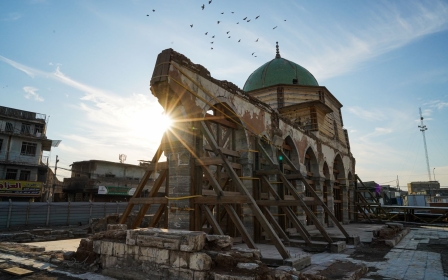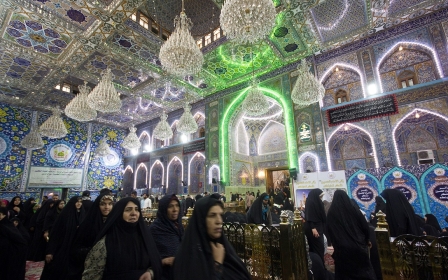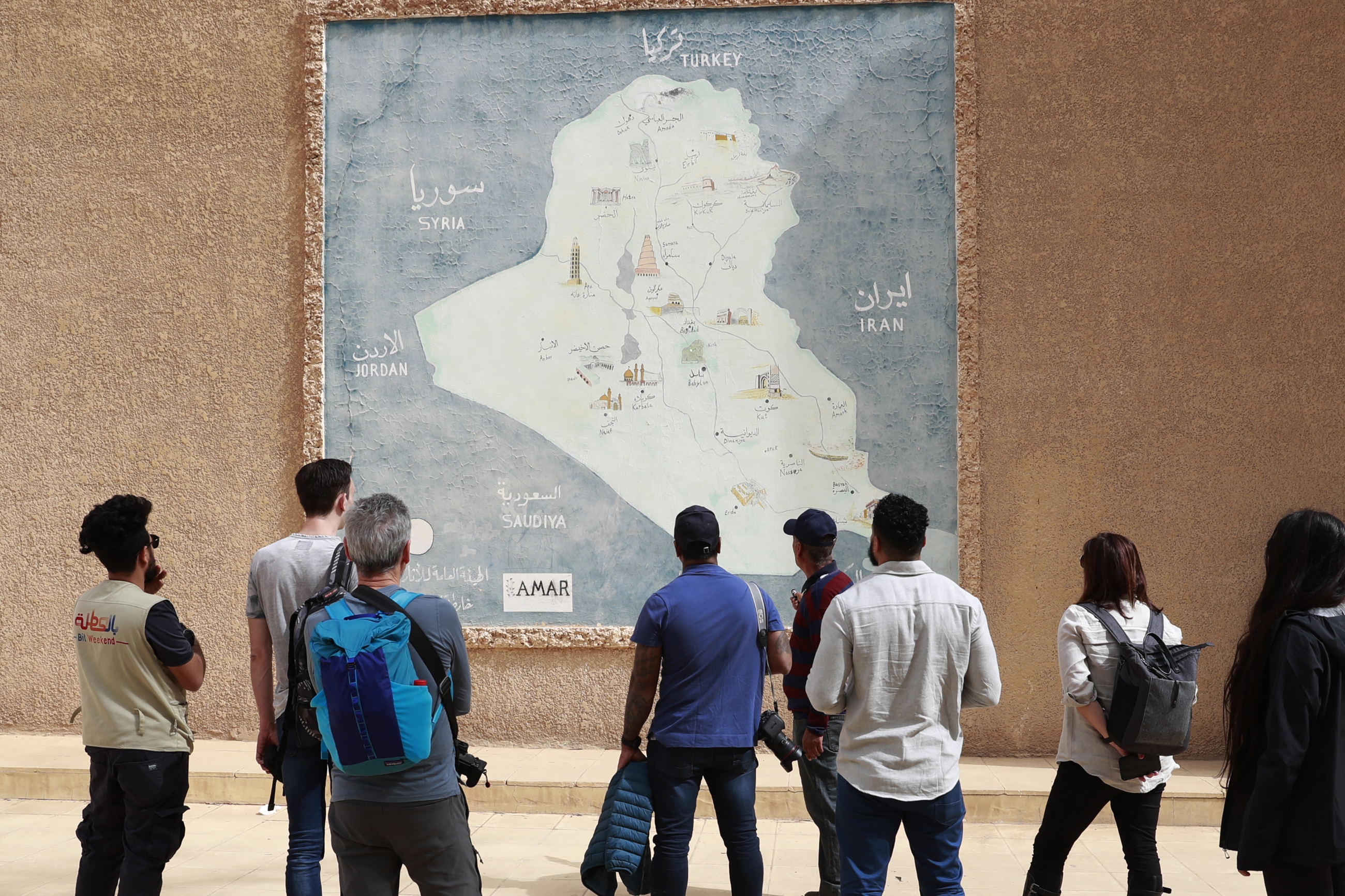
In pictures: Tourists trickle back to Iraq after decades of war
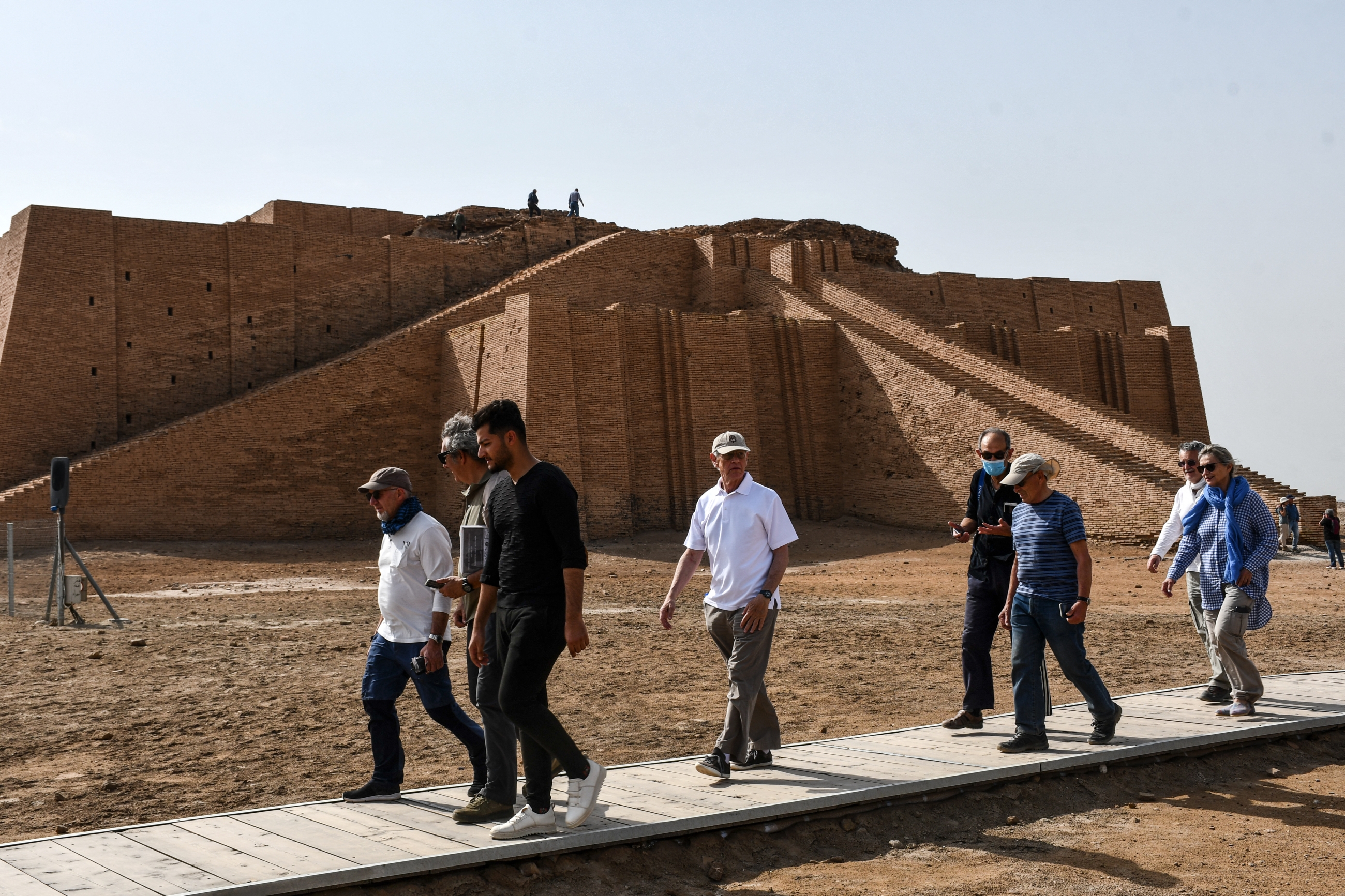
When it comes to places to see, Iraq has no shortage of heritage sites dating back thousands of years to the birth of civilisation. In ancient times, the area we now call Iraq was home to the first city states, the first empires and the earliest great works of literature, such as the Epic of Gilgamesh. While ancient wonders, such as the Hanging Gardens of Babylon, have been lost to history, there are plenty of restored Assyrian, Babylonian, Persian and Arab structures and artefacts that remain. Besides drawing Shia Muslim pilgrims, however, Iraq's tourism industry and its ancient relics have suffered due to years of war, political instability and violent insurgency. But with the end of US occupation and the defeat of the Islamic State group, could the country's tourism sector get a new lease of life? (AFP/ Asaan Niazi)
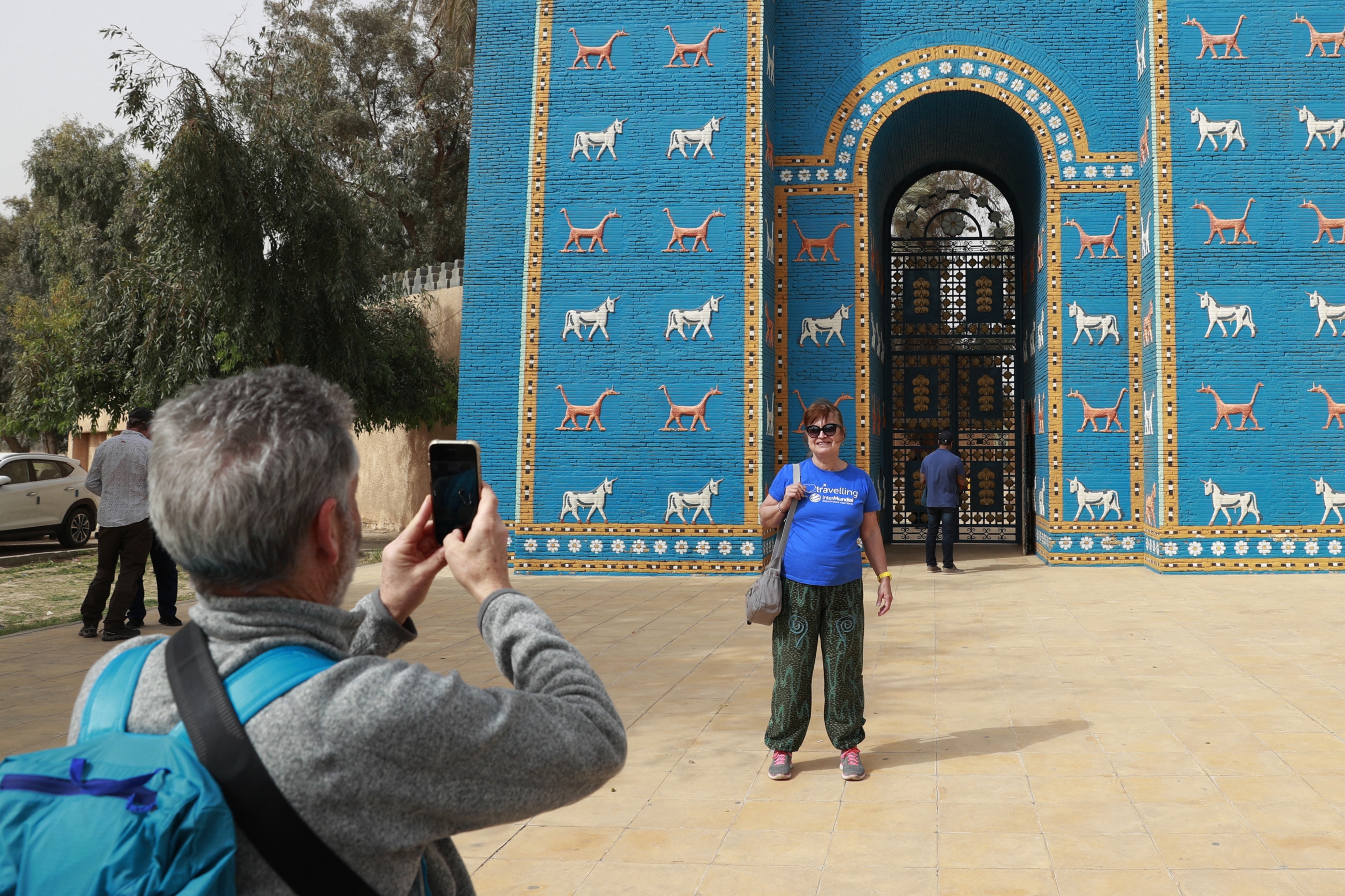
Most western governments still have active travel warnings for those planning to travel to Iraq due to the threat of kidnappings and bomb attacks. That has not stopped many tourists from visiting the country, drawn by Baghdad's buzzing bazaars, fertile valleys in the north, religious sites in the south and heritage sites dating back thousands of years dotted across the country. Pictured is a reconstruction of the Ishtar Gate in the city of Babylon, which was first constructed 2,600 years ago by King Nebuchadnezzar II. (AFP/ Ahmad al-Rubaye)
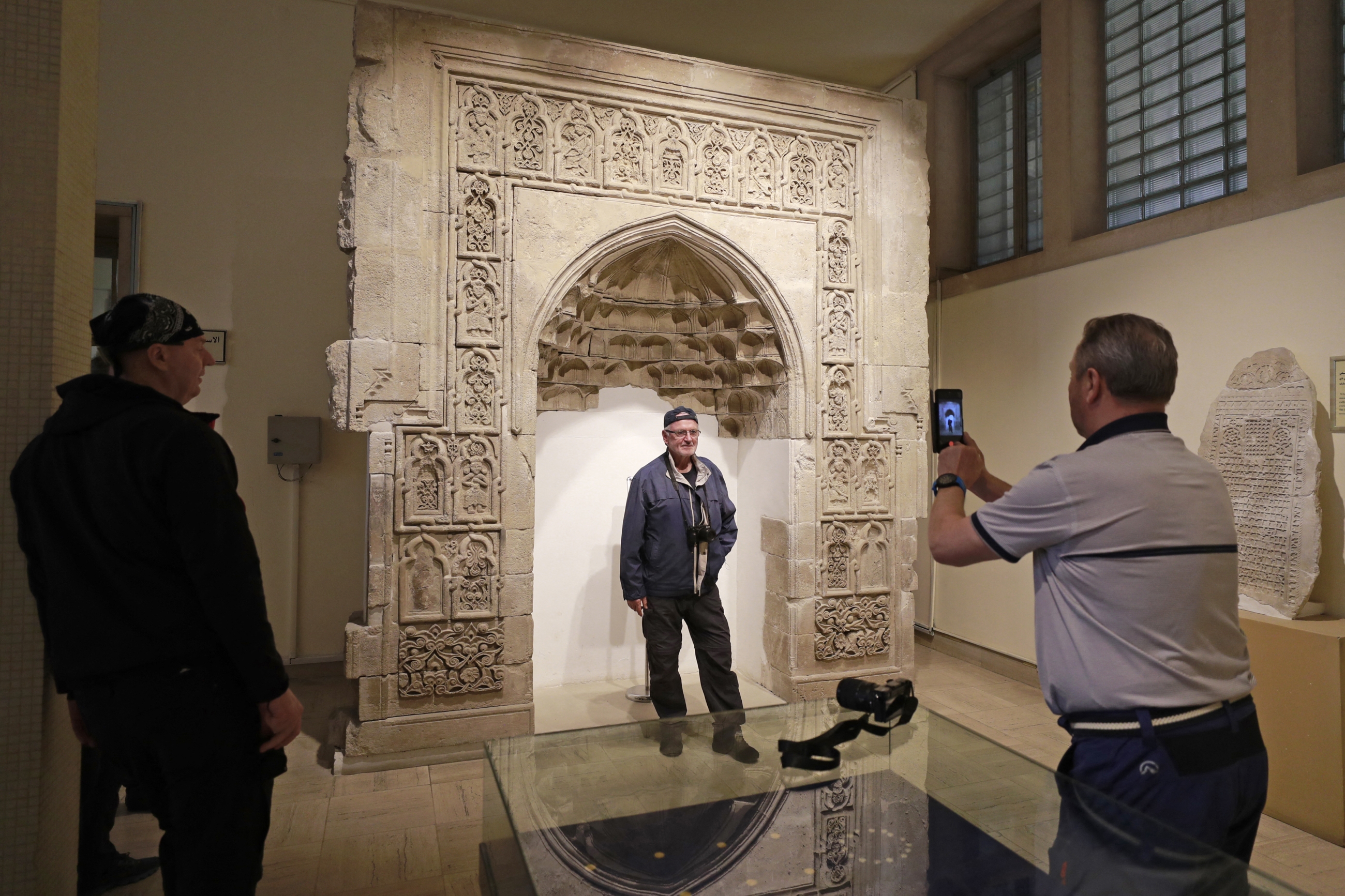
In total, Iraq is home to six Unesco World Heritage Sites, including the Samarra archaeological city, the Erbil citadel, and Babylon. But there are other sites of interest too, including Baghdad's National Museum, which reopened earlier in March, 2021 after three years of closure, and the city's famed booksellers' street Al-Mutanabbi, which was given a facelift in December. (AFP/Ahmad al-Rubaye)
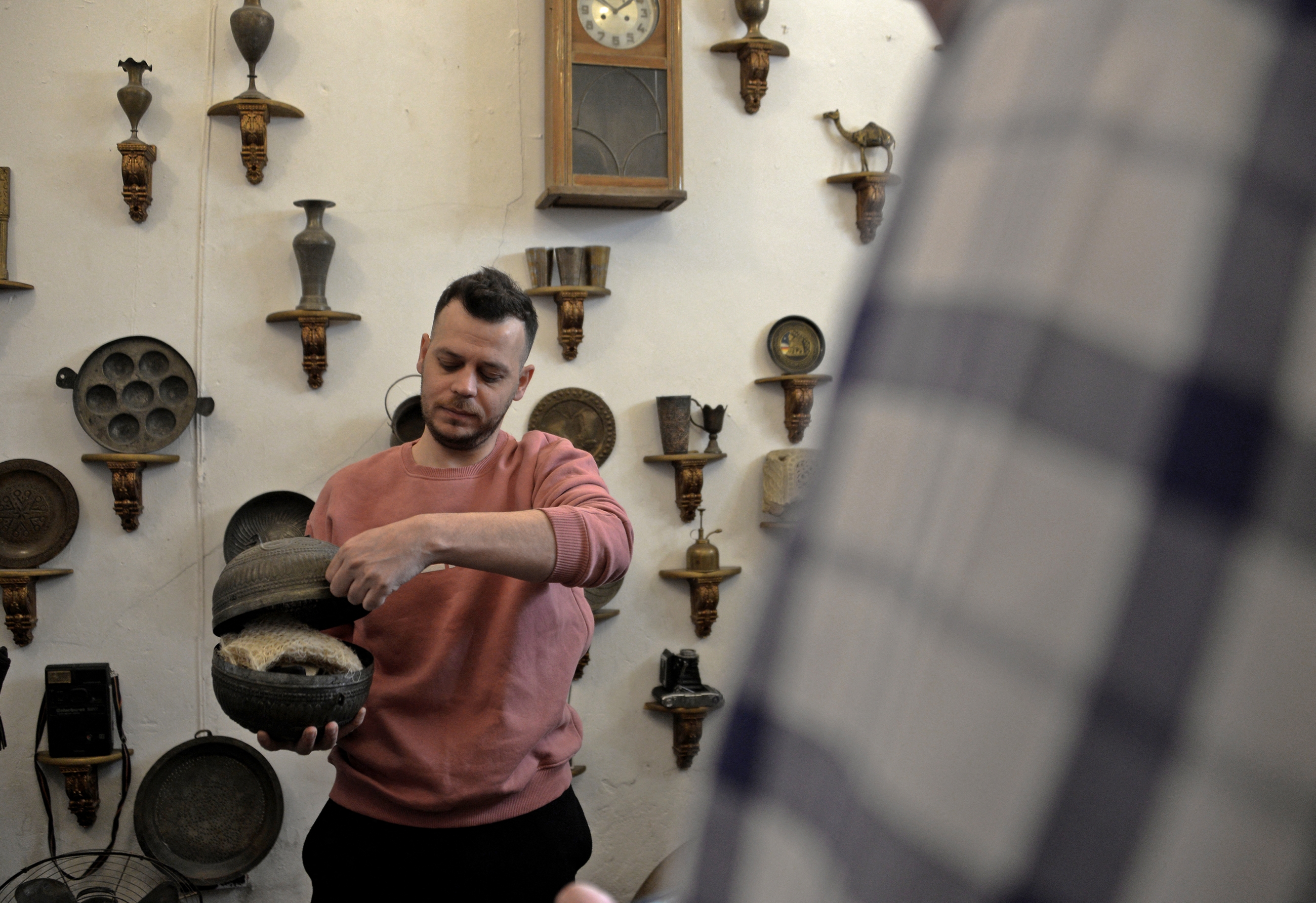
"I think everyone has hesitations, especially coming from the United States," says 35-year-old New Yorker Justin Gonzales in an interview with the AFP news agency. "If you go on our government website, they have a travel advisory saying: 'Do not travel to Iraq, it's dangerous, you can get kidnapped, there is often violence.' But I haven't seen any of that, and I don't think I will." (AFP/Zaid al-Obeidi)
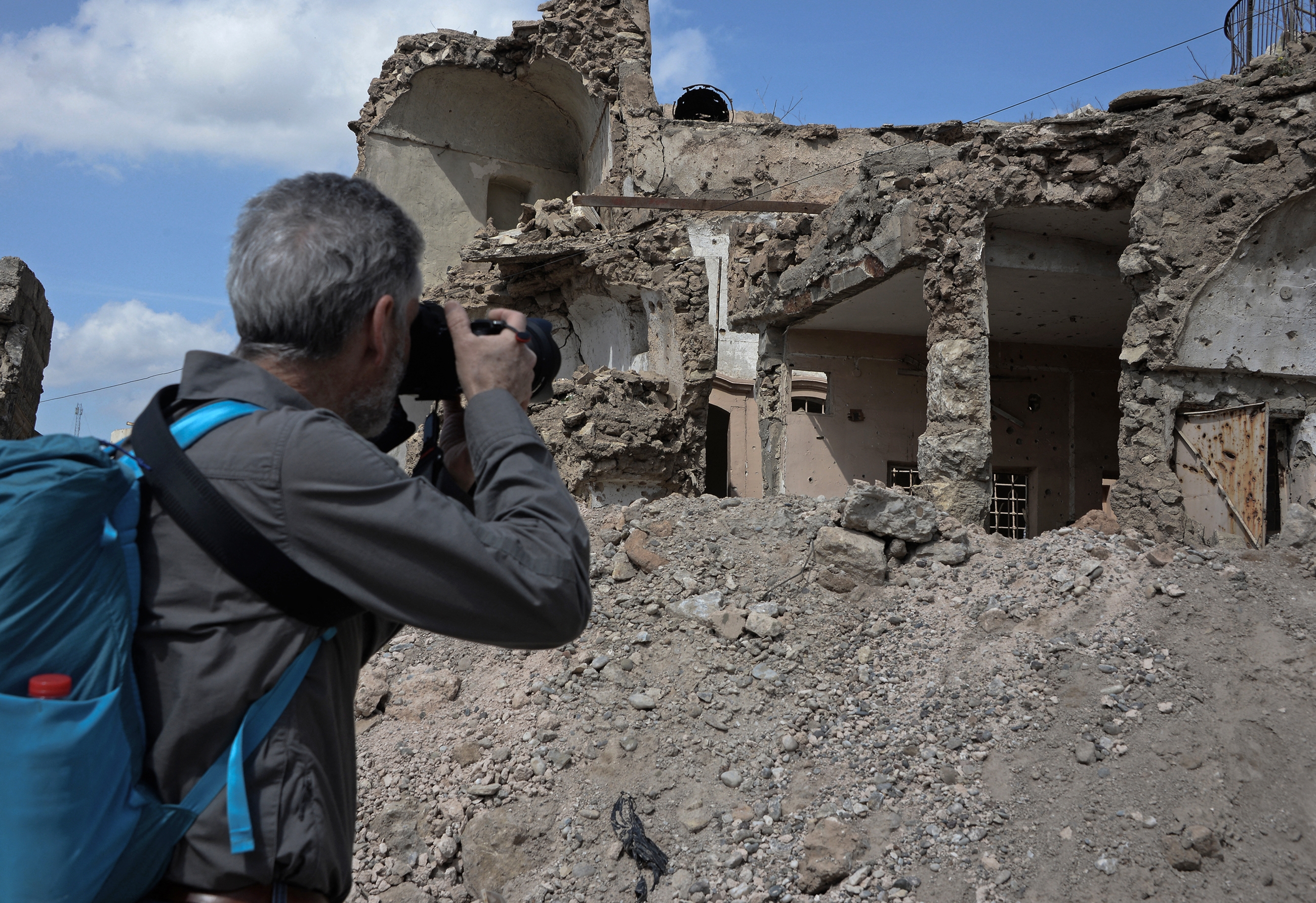
Retirees, bloggers, and people on package tours are visiting the country, strolling through streets that still bear the scars of years of conflict, to visit ancient sites that rival those of Egypt, Syria and Jordan. Iraq is rich in history and culture, evident in its ancient sites of Mesopotamia, Sumer and Assyria, and is home to diverse ethnic groups, including Kurds and Marsh Arabs. Some of the world's oldest societies originated from the region of Mesopotamia, which scholars refer to as the "cradle of civilisation".(AFP/Zaid al-Obeidi)
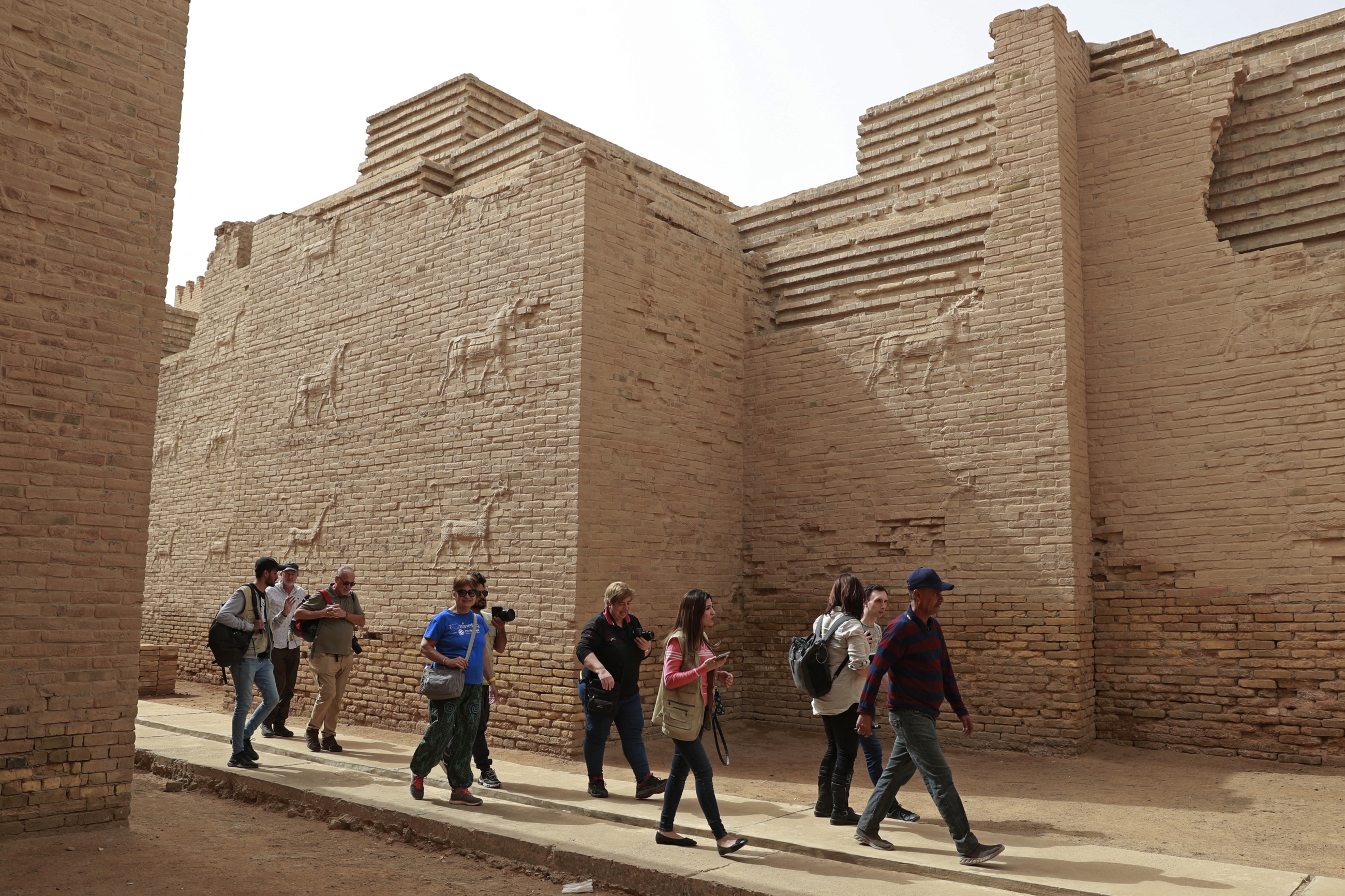
"The first thing that I noticed is the warmth, the generosity, and the kindness of the Iraqi people," Ovalle, a tourist, tells AFP. "They smile, they welcome you, they are very polite." (AFP/ Ahmad al-Rubaye)
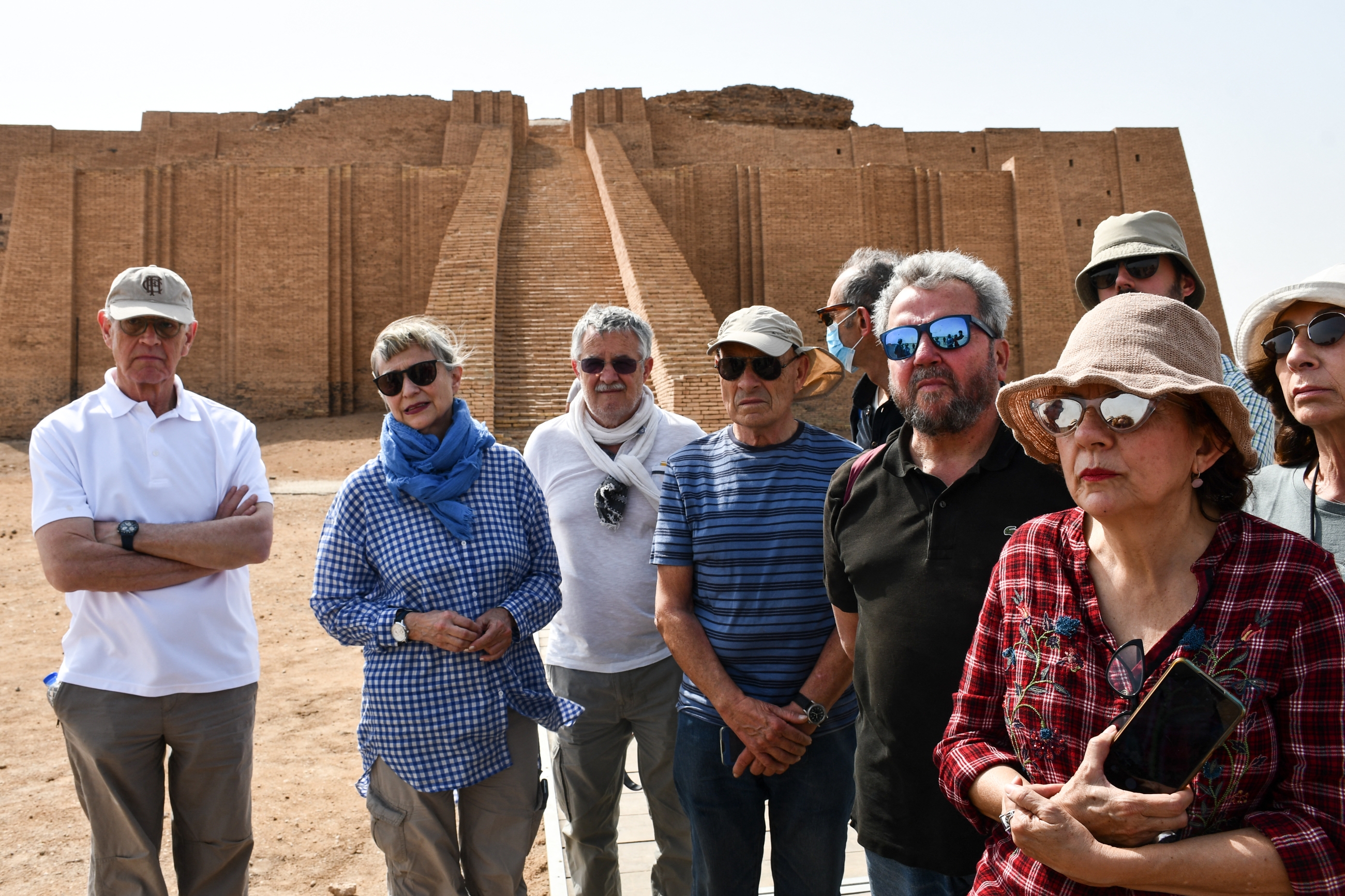
Last year, Iraq attracted 107,000 tourists from countries, including Britain, France, the United States, Turkey and Norway. That was over three times more than the 30,000 in 2020, according to official data. (AFP/ Asaad Niazi)
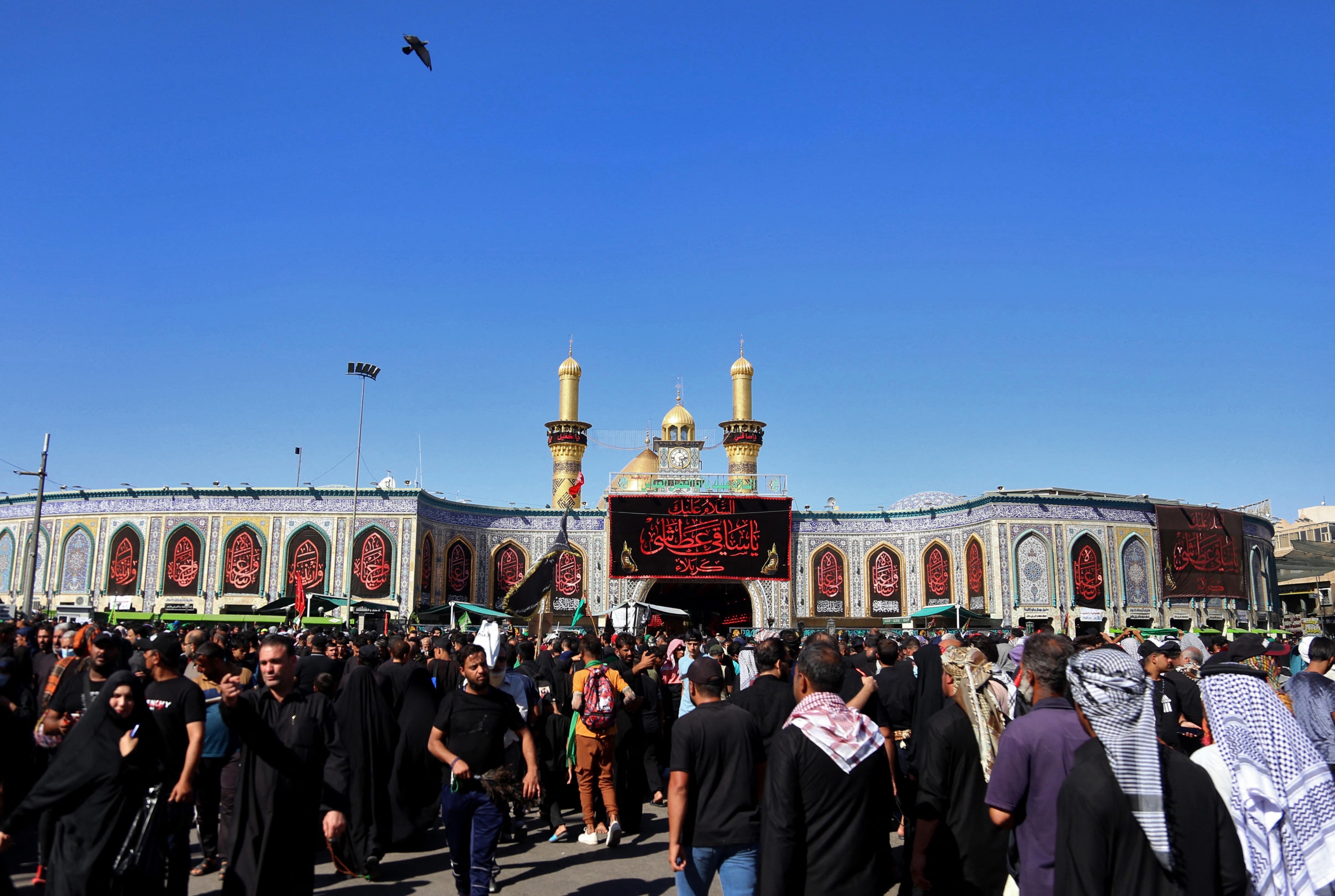
As well as reclaiming its title as a tourist destination, Iraq also hosts hundreds of thousands of religious pilgrims every year. In particular, Shia Muslims, mostly from Iran, who visit the cities of Karbala and Najaf. The former is the site of the Battle of Karbala, in which the third Shia Imam, Hussein, died in battle against Umayyad forces. The death of Hussein, who was also the Prophet Muhammad's grandson, is commemorated every year during the religious holiday of Ashura. His father Ali, the first Shia imam and fourth caliph of Sunni Islam, is buried in Najaf. (AFP/ Mohammed Sawaf)
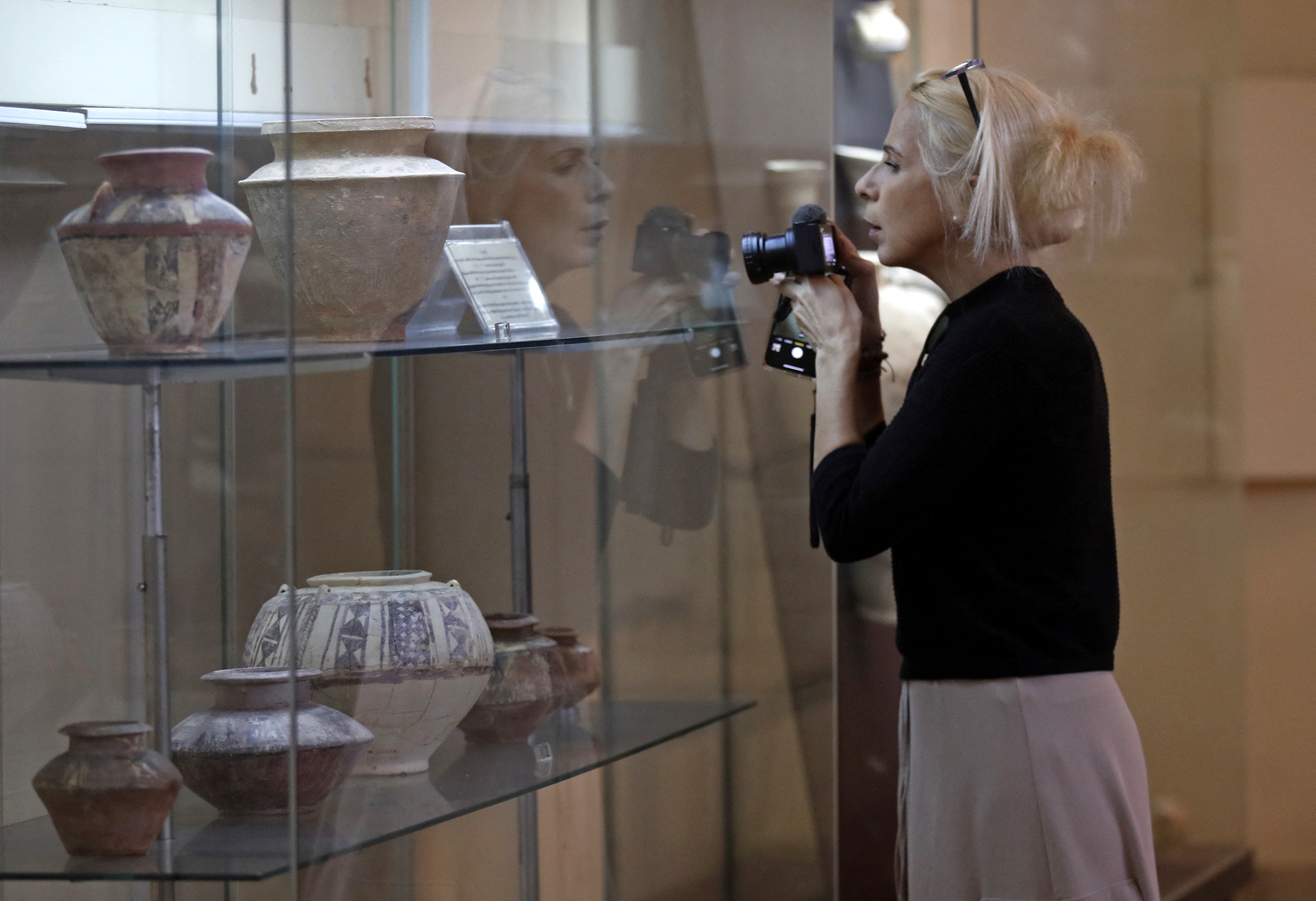
"I like to go to places that are not so touristy yet," says Emma Witters, who has over 70,000 subscribers on her YouTube channel. After so much war and isolation, she says, "you would think that they would be unhappy, miserable people. But they are so happy to see people and foreigners, they are so generous." (AFP/ Ahmad al-Rubaye)
Middle East Eye delivers independent and unrivalled coverage and analysis of the Middle East, North Africa and beyond. To learn more about republishing this content and the associated fees, please fill out this form. More about MEE can be found here.


